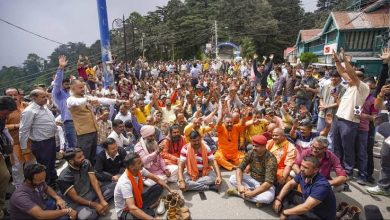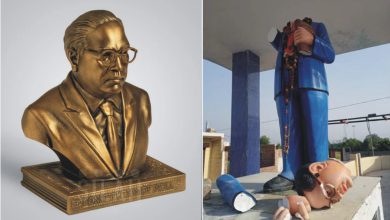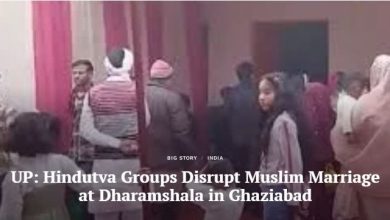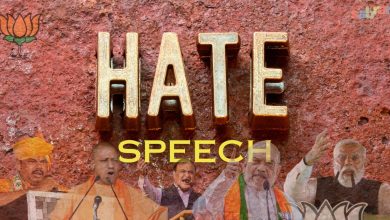India’s Muslim protests face double standards, says Indian SC advocate
 New Delhi: Indian Supreme Court advocate Shahrukh Alam has slammed the double standards in India’s judicial system, particularly when it comes to Muslim protests.
New Delhi: Indian Supreme Court advocate Shahrukh Alam has slammed the double standards in India’s judicial system, particularly when it comes to Muslim protests.
According to Kashmir Media Service, in a recent address at the “Curtailed Freedoms: A Travesty of Justice” program in New Delhi, Alam questioned why Muslim-led protests are often viewed as threats to national security, while protests by other communities are seen as legitimate expressions of dissent.
Alam pointed to the 2020 anti-CAA protests in Delhi, where Muslim youths were wrongly accused of violence and looting. Despite the court’s recent acquittal of 11 youths due to false charges, there has been no accountability for the police’s actions. This, Alam argued, is a clear example of the judicial system’s bias against Muslims.
The advocate also highlighted the discrepancy in how Muslim names are highlighted in judicial cases, while non-Muslim names are often shielded. “Why do courts and civil society feel ashamed to take the names of non-Muslims when discussing religious discrimination?” Alam asked.
Alam’s critique extends to the court’s inconsistent treatment of protests. While the Supreme Court upheld the right to protest for junior doctors in Kolkata, recognizing it as a reflection of national sentiments, Muslim protests are often framed as threats to national security. Alam called for clear judicial standards to be set, asking, “What legal standard do courts apply when determining that a protest represents national sentiment versus when it is labelled a terrorist conspiracy?”
The issue of double standards is not new. Martin Luther King Jr. faced similar criticisms for his civil rights activism, with some arguing that his actions were “unwise and untimely” ¹. However, King emphasized that justice delayed is justice denied, and that nonviolent direct action is necessary to create tension and foster dialogue.
In India, Alam’s words echo King’s sentiments. The continued misrepresentation of Muslim protests in the media, courts, and among political leaders underscores the need for a nuanced understanding of the issues at hand. By speaking out against these double standards, Alam hopes to bring attention to the struggles faced by Muslim communities and promote a more equitable justice system.








